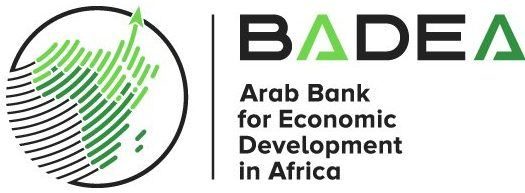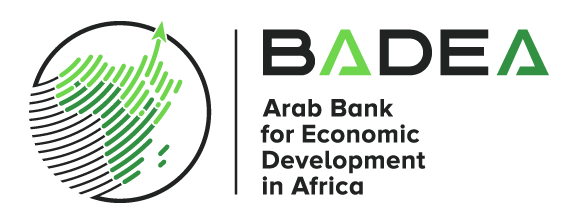
Fact and Figures
BADEA Overall Portfolio
§ Between 1974 and 2023, BADEA funded 1,810 operations in Sub-Saharan Africa, with a combined value of over USD 12 billion. Of these operations, 450 were related to infrastructure investment for inclusivity, industrialization, and innovation, totalling USD 5,000 million. 263 operations focused on agriculture value chain development for empowerment, totalling USD 1,900 million. 120 operations were focused on boosting trade and private sector development for growth and job creation, with a total value of USD 4,586 million. 38 operations were focused on SMEs and entrepreneurship development, with a total value of USD 375 million. Finally, 939 operations were focused on capacity development, with a total value of USD 260 million.
§ BADEA has played a key role in facilitating Africa’s development. The Bank has been involved in various projects across infrastructure, education, healthcare and environmental sustainability. BADEA has contributed towards creating a greener future by planting millions of trees while building 12,000 km of climate-resilient roads, opening up remote areas, and boosting economic opportunity. Additionally, BADEA has financed over 290 schools and universities, and 220 hospitals, improving access to education and healthcare. More than 160 Arab experts have facilitated expertise transfer and knowledge sharing, empowering African institutions. BADEA has also financed over 130 clean drinking water projects, ensuring that communities can access basic necessities. Furthermore, BADEA has contributed to Africa’s connectivity and trade potential by constructing over 40 airports and promoting sustainable energy use by building more than 15 dams that generate clean hydropower. These are just a few examples of how BADEA is making a positive impact on Africa’s development.
Capacity Development – Public Sector at a Glance
§ Over 1,000 non-refundable grants were approved, with a total cost of over USD 240 million, and USD 10 million is allocated each year to non-refundable grants.
§ By BADEA 2030 Pillars, through capacity development grants, BADEA was able to finance 8% of SMEs and the entrepreneurship Sector, 57% of the infrastructure sector, 6% of the private and trade sector, and 29% of the agriculture sector.
Private Sector and Trade Finance at a Glance
§ BADEA has been a key player in Africa’s growth through its support for the private sector and trade. Since 2015 alone, BADEA has injected a significant USD 4 billion into 117 private and trade transactions.
This commitment includes USD 1.2 billion dedicated to private sector initiatives and USD 2.8 billion channelled towards trade finance approvals. Looking at the bigger picture from 1975 to 2023, BADEA’s private sector and trade window has financed a diverse range of sectors across the continent, with 64% allocated to private sector and trade finance, 18% to agricultural value chains, 11% to infrastructure development, and 7% targeted explicitly towards empowering small and medium-sized enterprises (SMEs). These figures highlight BADEA’s dedication to fostering a solid and diversified African economy in line with BADEA’s 2030 strategy pillars.

